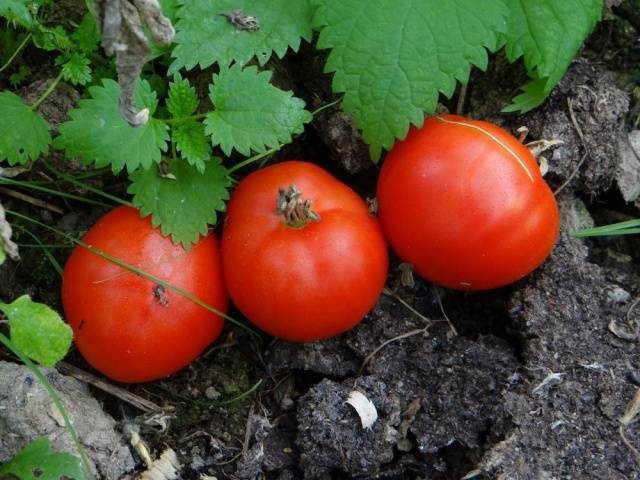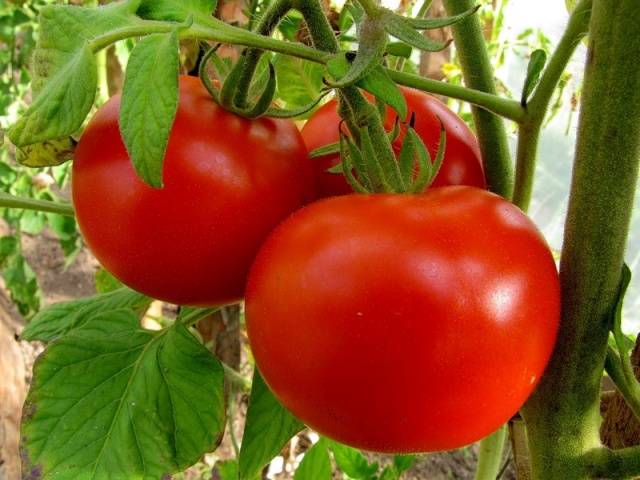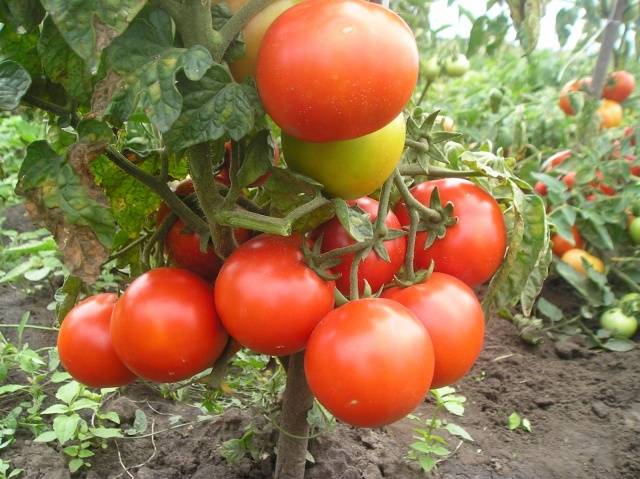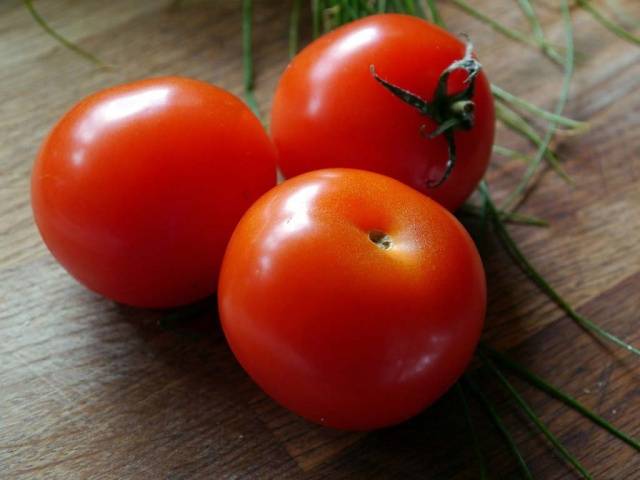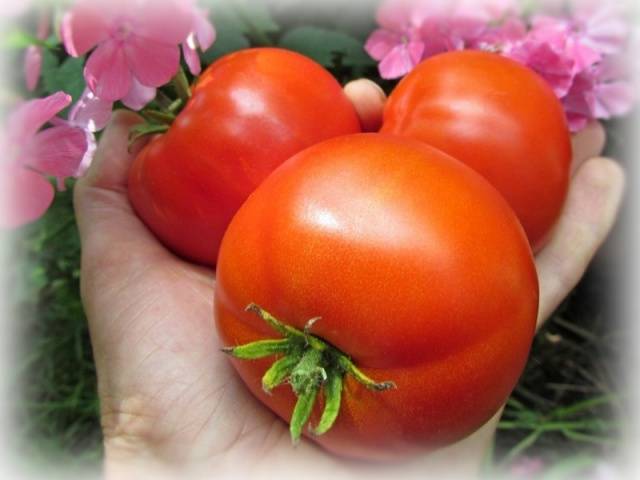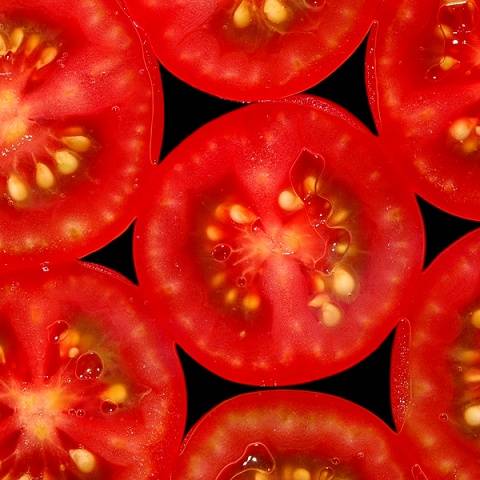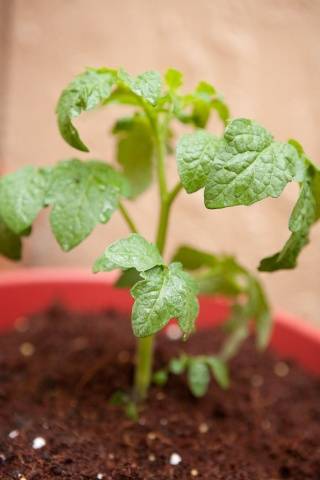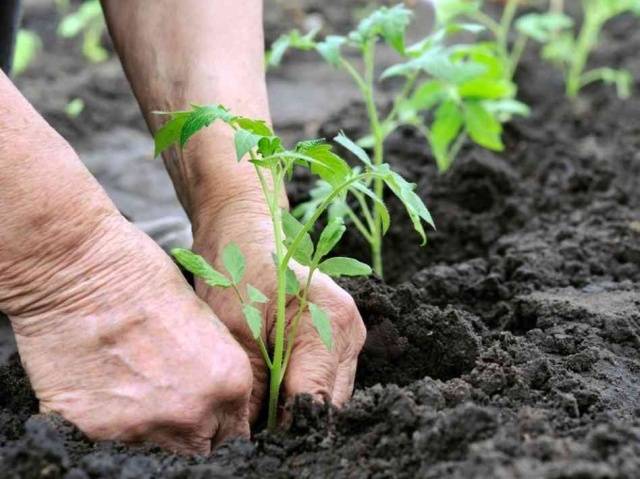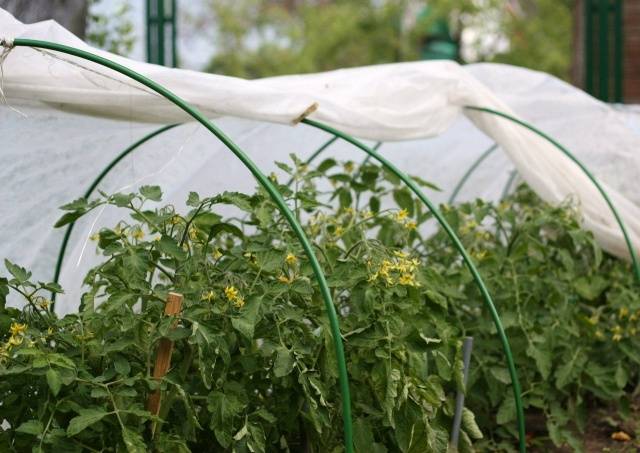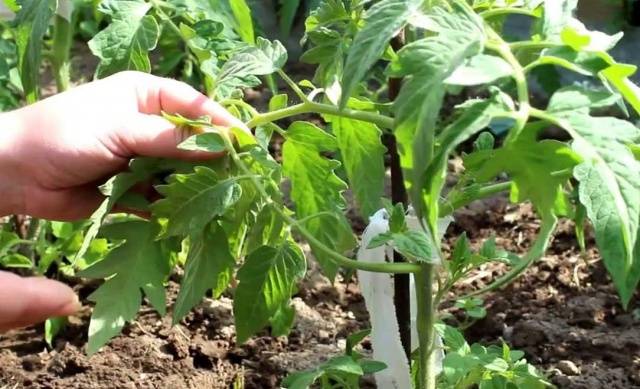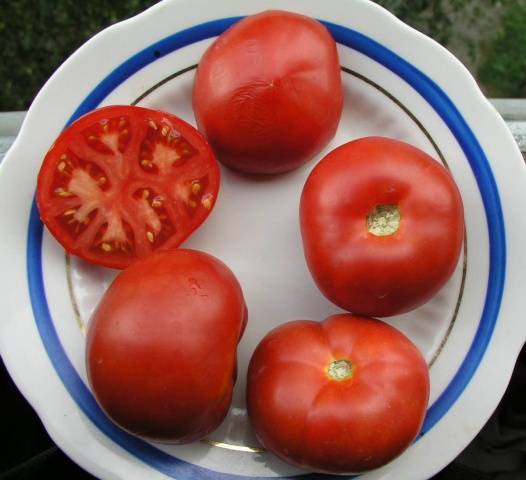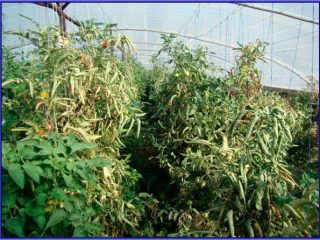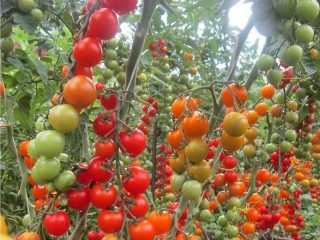Content
A couple of decades ago, gardeners from the northern regions of Russia could only dream of fresh tomatoes grown in their own beds. But today there are a lot of varietal and hybrid tomatoes, designed specifically for regions with a difficult climate. One of the most versatile and most popular varieties is a tomato with a very distinctive name - Snowdrop. This tomato has a number of advantages, among which the main ones are yield, endurance and the ability to grow both in the open field and in a greenhouse or in a heated greenhouse.
Detailed characteristics and description of the Snowdrop tomato variety will be given in this article. Here you can find a list of the strong and weak qualities of the Siberian tomato, learn how to grow it correctly.
Features of the variety
The Snowdrop variety was bred by domestic breeders from the Siberian region back in 2000. Exactly one year after that, the tomato was entered in the State Register and recommended for cultivation in the Leningrad region, in the Central and Northern regions of Russia, in Karelia and in the Urals.
The Snowdrop tomato variety was bred as an early ripening and frost-resistant variety intended for the northernmost regions of the country. Even in the Far North, attempts to grow this tomato were crowned with success (however, they planted the tomato in a heated greenhouse and artificially illuminated it).
In addition to climate resistance, Snowdrop has another quality - unpretentiousness to the composition of the soil and the level of nutrition: even on the most impoverished and scarce soils, this tomato pleases with stable yields.
Character traits
Tomato variety Snowdrop impresses with its good yield, because more than ten kilograms of excellent tomatoes can be harvested from a square meter of a plot or greenhouse.
The characteristics of this tomato variety are as follows:
- the culture is early ripening, the fruits ripen within 80-90 days after the appearance of the first shoots;
- the plant is considered semi-determinant, grows into semi-stem bushes;
- the height of the bush is quite large - 100-130 cm;
- the tomato needs to be shaped, but you will not have to remove the stepsons from the Snowdrop (which greatly facilitates the work of the summer resident);
- tomato leaves are small, light green, tomato type;
- the stems are massive, strong, capable of withstanding the large weight of numerous fruits;
- fruit clusters are laid over 7-8 leaves, then they are formed after 1-2 leaves;
- the tomato blooms very amicably, as well as sets the fruit;
- it is recommended to lead a Snowdrop bush in three stems, then three clusters are formed on each shoot, in each of which five fruits will form;
- with the correct formation of the bush, you can collect 45 tomatoes from one plant;
- Snowdrop fruits are round and medium in size;
- the average weight of a tomato is 90 grams, the maximum is 120-150 grams;
- on the lower branches, the tomatoes are much larger than those growing at the top;
- the fruit is colored evenly, in a rich red hue;
- Snowdrop flesh is very sweet, juicy, fleshy;
- there are three chambers inside the tomato;
- the amount of dry matter is at the level of 5%, which allows us to speak about the keeping quality of the tomato and its suitability for transportation;
- Snowdrop harvest is perfect for conservation, fresh consumption, making salads, sauces and mashed potatoes;
- Snowdrop tomato has good frost resistance, so its seedlings can be planted early, without fear of recurrent frosts.
Advantages and disadvantages
The vast majority of reviews about the Snowdrop tomato are positive. Summer residents and gardeners of the country like this tomato because of such qualities as:
- the ability to tolerate low temperatures and light frosts without losing productivity;
- good drought resistance, which allows gardeners to spend less time in the beds with tomatoes;
- very abundant fruiting - 45 tomatoes per bush;
- earlier ripening of fruits (which is especially important for regions with short summers);
- good immunity to diseases and pests;
- the possibility of long-term storage of fruits and their transportation;
- balanced taste, tender pulp;
- highly marketable type of fruit;
- the suitability of the variety for growing under film and in conditions of artificial supplementary lighting;
- no need for pinning;
- unpretentiousness not only to the climate, but also to the composition of the soil.
Despite the huge number of advantages, gardeners found a couple of disadvantages in Snowdrop. Of the shortcomings, summer residents note the need for the formation of bushes and the increased sensitivity of the tomato to the quantity and quality of dressings.
Do not forget that Snowdrop is a tomato of Siberian selection. Yes, in most regions of the country it gives stable yields, but here in the south, it is better not to plant a tomato, replacing it with a more thermophilic variety.
Growing a tomato
Reviews about the yield of the tomato Snowdrop and photos of its even beautiful fruits have been pushing gardeners to buy seeds of this variety for more than fifteen years. Those who have already planted this tomato in their plots also rarely forget about it, planting it again and again every year.
Planting tomatoes
In the northernmost regions, it is recommended to grow Snowdrop in a heated greenhouse, in the Urals, for example, this tomato feels great under a film. In central Russia, it is quite possible to plant seedlings directly into the ground, because the variety is frost-hardy.
In cold climates, tomato seeds are sown for seedlings no earlier than April. Before planting, the seeds themselves, the soil and containers are recommended to be disinfected, since due to the lack of sun, the risk of infection with fungal infections increases significantly.
Any method is suitable for disinfection: a solution of potassium permanganate, copper sulfate, freezing or calcining the soil, placing seeds in hot water (about 50 degrees), and so on.
Tomato seedlings are grown as usual, only lighting them up with an excess of cloudy days and a lack of sun. When 7-8 true leaves appear, you can replant the tomatoes to a permanent place.
The planting of frost-resistant Snowdrop in the northern regions is carried out no earlier than the beginning of June. Previously, the soil in the garden or in the greenhouse is also disinfected with boiling water or potassium permanganate. Shortly before planting, the land is fed with humus or complex fertilizers.
On each square meter, you can plant 3-4 Snowdrop bushes. Although this tomato is considered tall, its bushes are not too sprawling, half-stemmed. A tighter planting is not recommended, as tomatoes in cold climates may not have enough sun.
Siberian tomato care
In order for the plants and fruits to look as beautiful and healthy as in the photo, the Snowdrop variety must be properly looked after. Care rules are built taking into account the cold climate and short northern summer.
So, Snowdrop bushes need the following:
- With a lack of sun, it is better to spray the tomatoes after planting in the ground with a superphosphate solution. As a result, the leaf plate will darken, which will accelerate photosynthesis and shorten the period of fruit ripening.
- Each plant must be kept in three stems - this is how the tomato yield will be the highest, and the bush will be able to ventilate normally.
- Snowdrop does not need to be sprinkled, this tomato develops well and quickly, forms many ovaries.
- Tall bushes will have to be tied up, because there will be a lot of fruits on the branches, they can break off after rain or strong wind.
- Siberian tomatoes should be watered sparingly, from excess moisture they can get late blight or other fungal infection.
- It is impossible to overfeed the earth with organic matter or minerals - Snowdrop does not like this very much. Fertilizers should be applied carefully, not exceeding the dosage. The right time for feeding is a week after planting and at the stage of ovary formation. At the stage of development, tomatoes need phosphorus and potassium, and in the process of ripening fruits - nitrogen.
- With proper care, the tomato is very rarely sick, only root rot threatens Snowdrop. For prevention, it is better, nevertheless, to treat the bushes with fungicidal preparations even before the flowering stage. One-time treatment of tomatoes with "Bison" should help against aphids and thrips.
Feedback
Conclusion
Tomato Snowdrop is considered to be one of the most frost-resistant and most productive varieties. In addition to these advantages, the tomato pleases with early ripening and exceptional unpretentiousness. The variety is perfect for those who constantly do not have enough time, who grow tomatoes for sale and summer residents from the most northern and coldest regions of the country.
